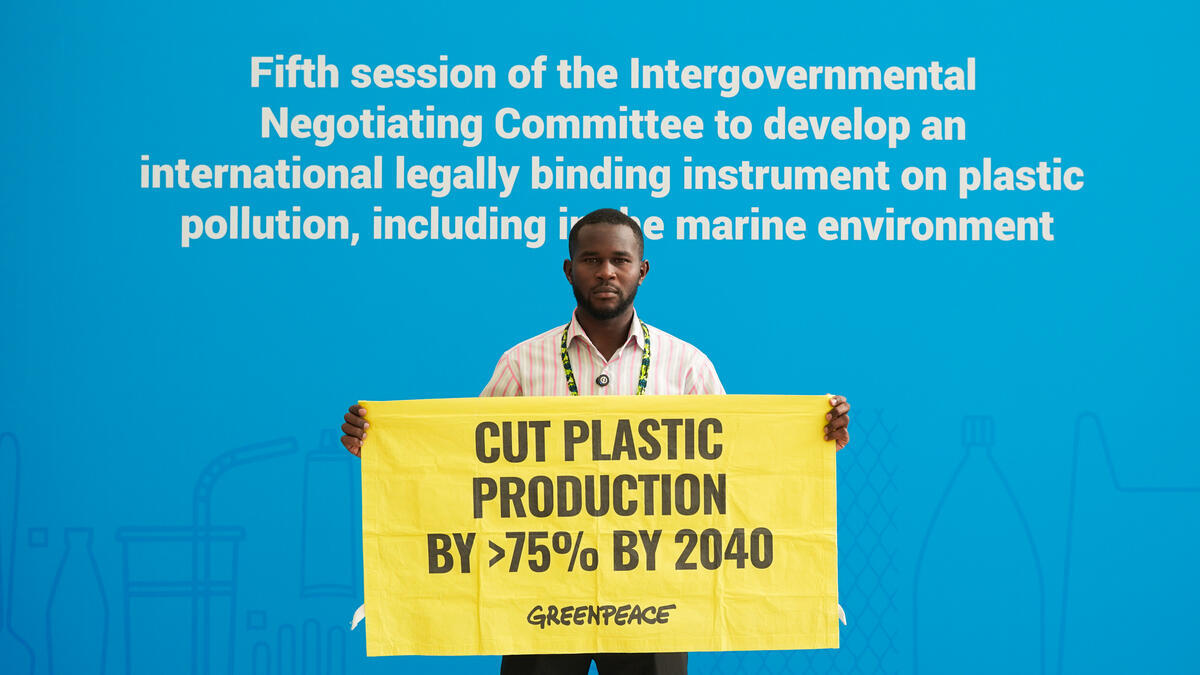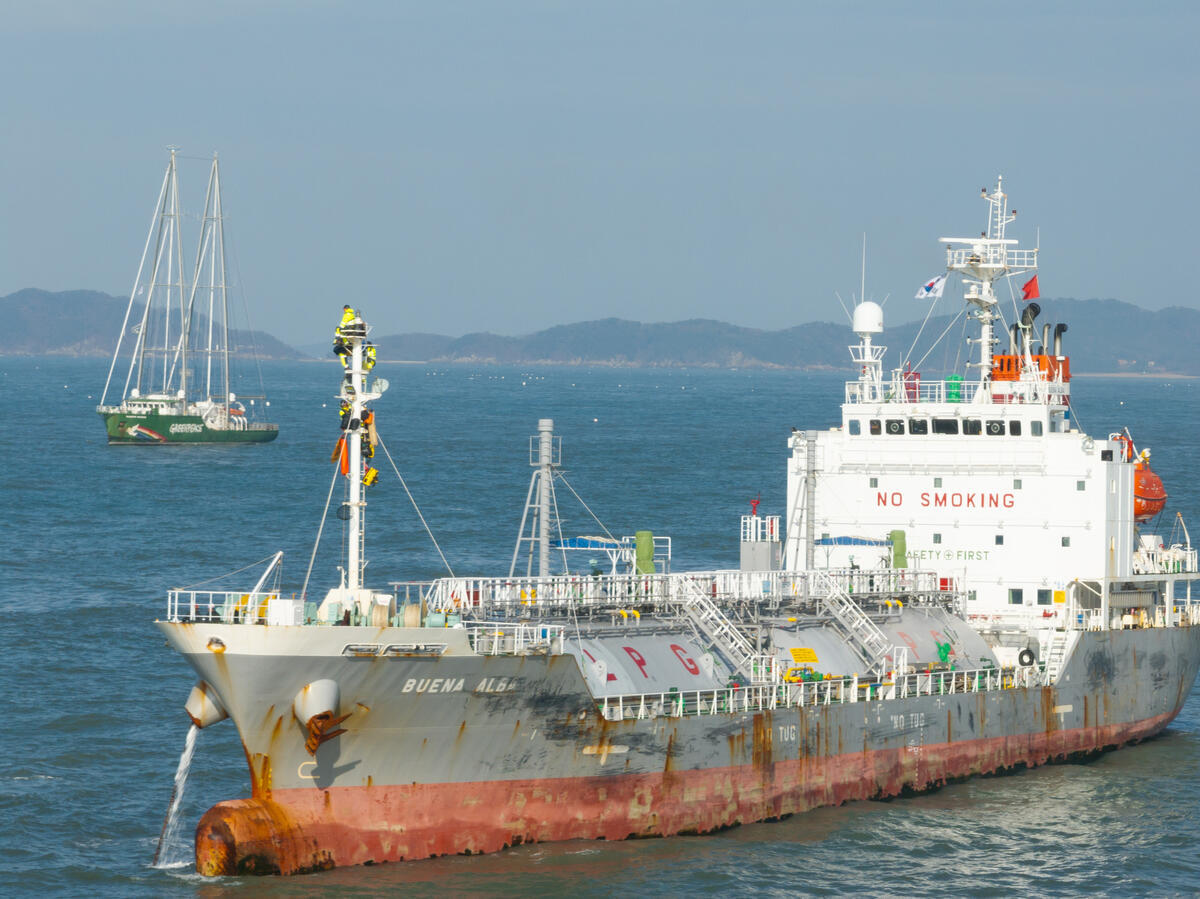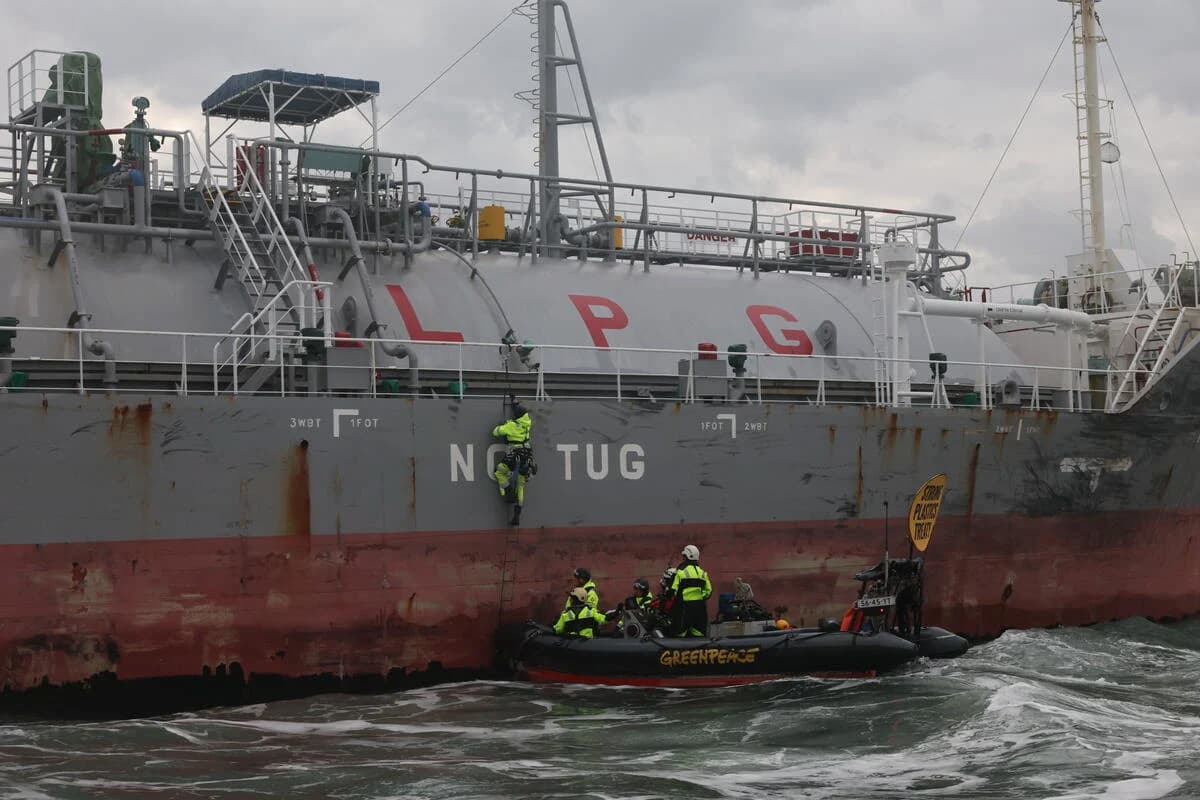OTTAWA — As a new day of negotiations begins at the fourth Intergovernmental Negotiating Committee (INC-4) in Ottawa, Greenpeace Canada delivered a 20-foot “Global Plastics Factory” to the doorstep of the Shaw Center, where the talks on a Global Plastics Treaty are taking place. By presenting a “trailer” of what happens when the global plastic production machine is on, activists left a clear message for the delegates: “Cut plastic production now.” The smoke-emitting Factory, showing oil turned into plastic pollution, will remain as long as needed for them to understand the urgency of the plastics crisis.
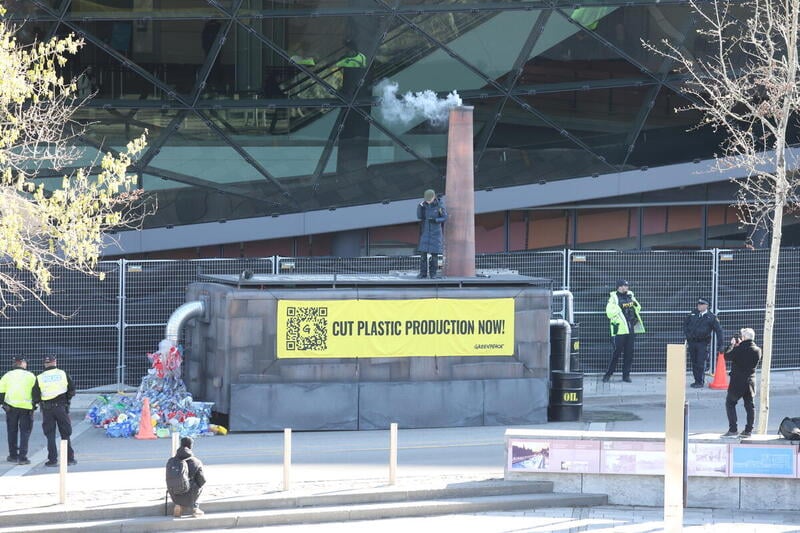
“The planet is being treated like one giant global plastics factory, and it’s time that global governments come together to shut it down,” said Sarah King, Head of the Oceans and Plastics campaign with Greenpeace Canada and member of the Greenpeace International delegation at INC-4. “The plastic crisis is impacting our health, harming communities and destroying nature all over the world. To protect people and the planet, the Plastics Treaty must cut plastic production.”
If business as usual continues, industry estimates predict that plastic production could triple by 2050. Greenpeace is proposing a global target within the Treaty to reduce plastic production by at least 75% by 2040 (from a 2019 baseline), to ensure the best chance of meeting the 1.5°C climate target and to address the full life cycle impacts of plastic.
According to recent polling, 80% of people worldwide and 70% in Canada support a Global Plastics Treaty that cuts production to stop biodiversity loss and limit climate warming to 1.5 C. Globally, over 2.4 million people have already signed a Greenpeace petition in support of a strong Global Plastics Treaty.
“We are almost halfway through the INC-4 talks, and negotiators still have a chance to flip the script and “manufacture” a better future for all of us,” added King. “Public support for bold action mirrors calls by impacted communities, scientists and ally groups to urgently address the harm caused by plastic across its life cycle. Now more than ever, the world is watching. This moment cannot be wasted.”
The “Global Plastics Factory” is meant to serve as a reminder that plastic pollutes across its life cycle, beginning at the fossil fuel extraction and production phases. In addition to contributing to the triple planetary crisis, plastic pollution has disproportionate impacts on Indigenous Peoples, racialized and frontline communities, workers, the Global South and Small Island Developing States (SIDS).
Greenpeace, along with allies, is calling for a strong Treaty that cuts plastic production, accelerates a just transition to reuse-based solutions, ends single-use plastics, upholds human rights and centers Indigenous rights as well as the voices of impacted communities worldwide.
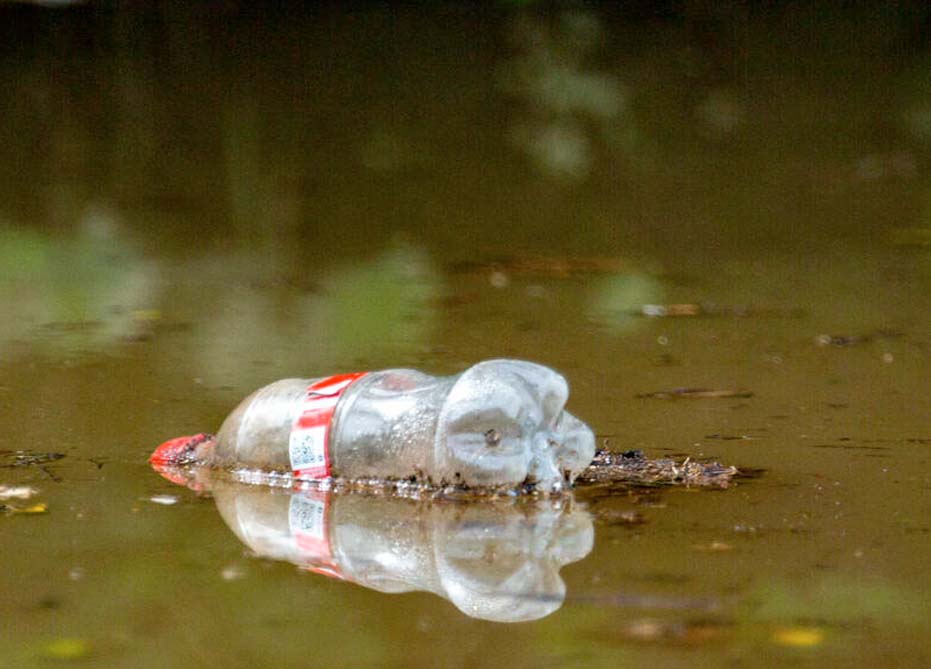
Call on the NZ Government to stand firm and support a strong global plastics treaty.
Take Actionone activist from Greenpeace Canada was arrested outside of the Shaw Center in Ottawa while engaged in a peaceful protest. The protester, arrested for mischief, did not resist the police. The activist was part of a larger group who delivered a “Global Plastics Factory” to the doorstep of the Shaw Center, where the fourth Intergovernmental Negotiating Committee (INC-4) is gathered to negotiate a Global Plastics Treaty. The “Global Plastics Factory” was a creative yet striking reminder of the urgent need for delegates to address the harm caused by plastic across its life cycle.
Note to editors:
- Photos, b-roll and videos of Greenpeace action, the “Global Plastics Factory,” at the Shaw Center can be found in the Greenpeace media library (they will be uploaded throughout the day);
- Greenpeace detailed demands for a Global Plastics Treaty can be found here, and a media briefer with global and Canadian context is available here;
- Greenpeace press release on the opening of the INC-4 is available here;
- Greenpeace has a delegation inside the INC-4 in Ottawa and spokespeople are available in English, French, Swahili, Arabic, Japanese, Korean, Bahasa and Filipino;
- On April 21st, Indigenous Peoples and impacted community leaders organized a press conference and a march calling to “End the plastic era”.
- Spokespeople from Aamjiwnaang First Nation, the Society of First Nations, and Keepers of the Water held a press conference on April 24th.

